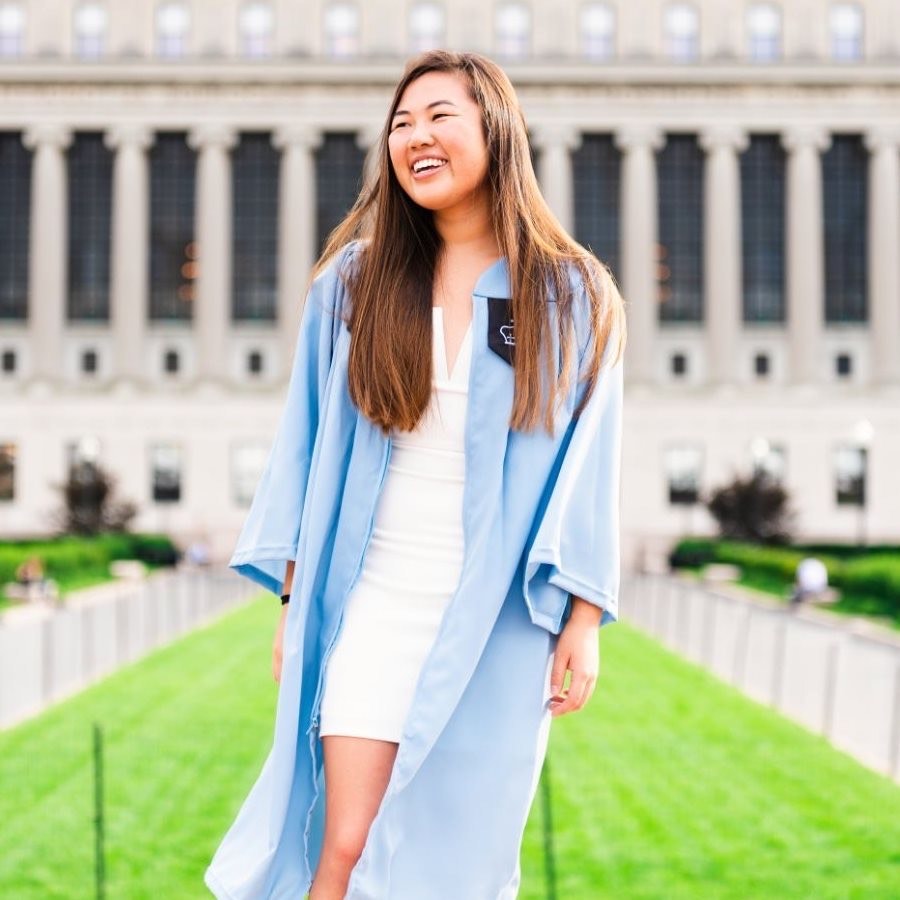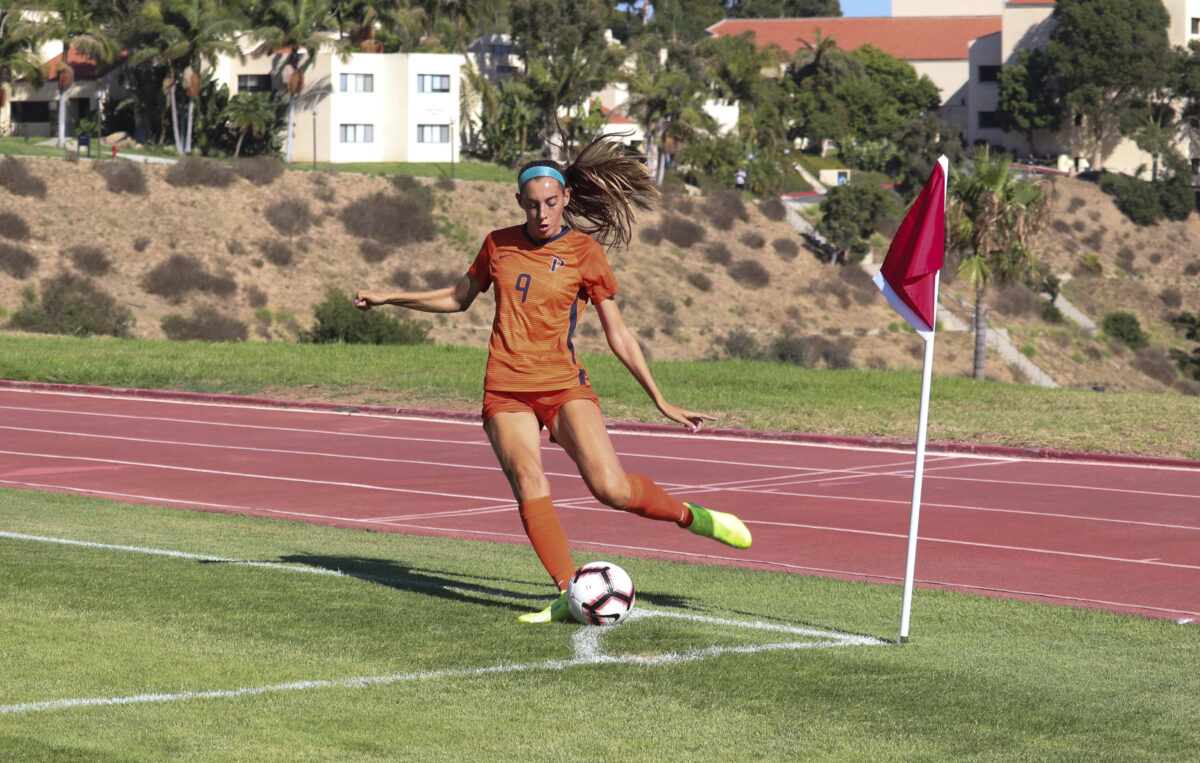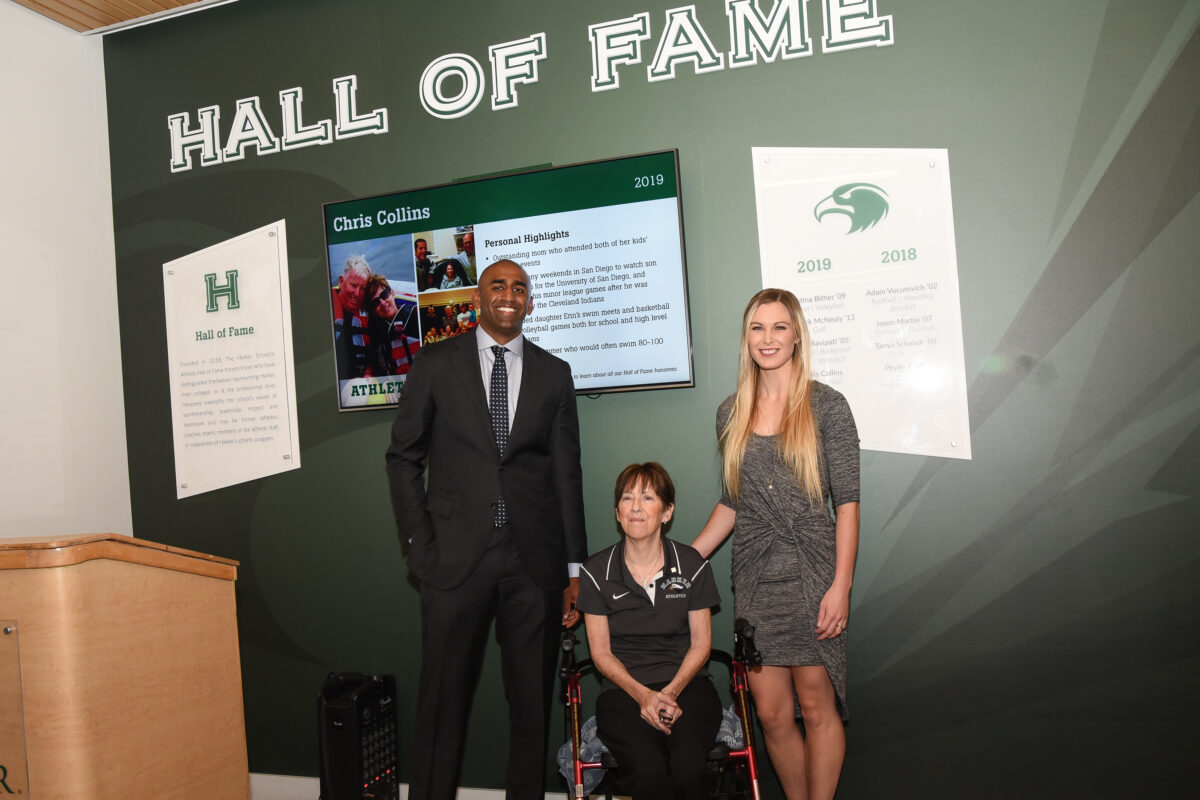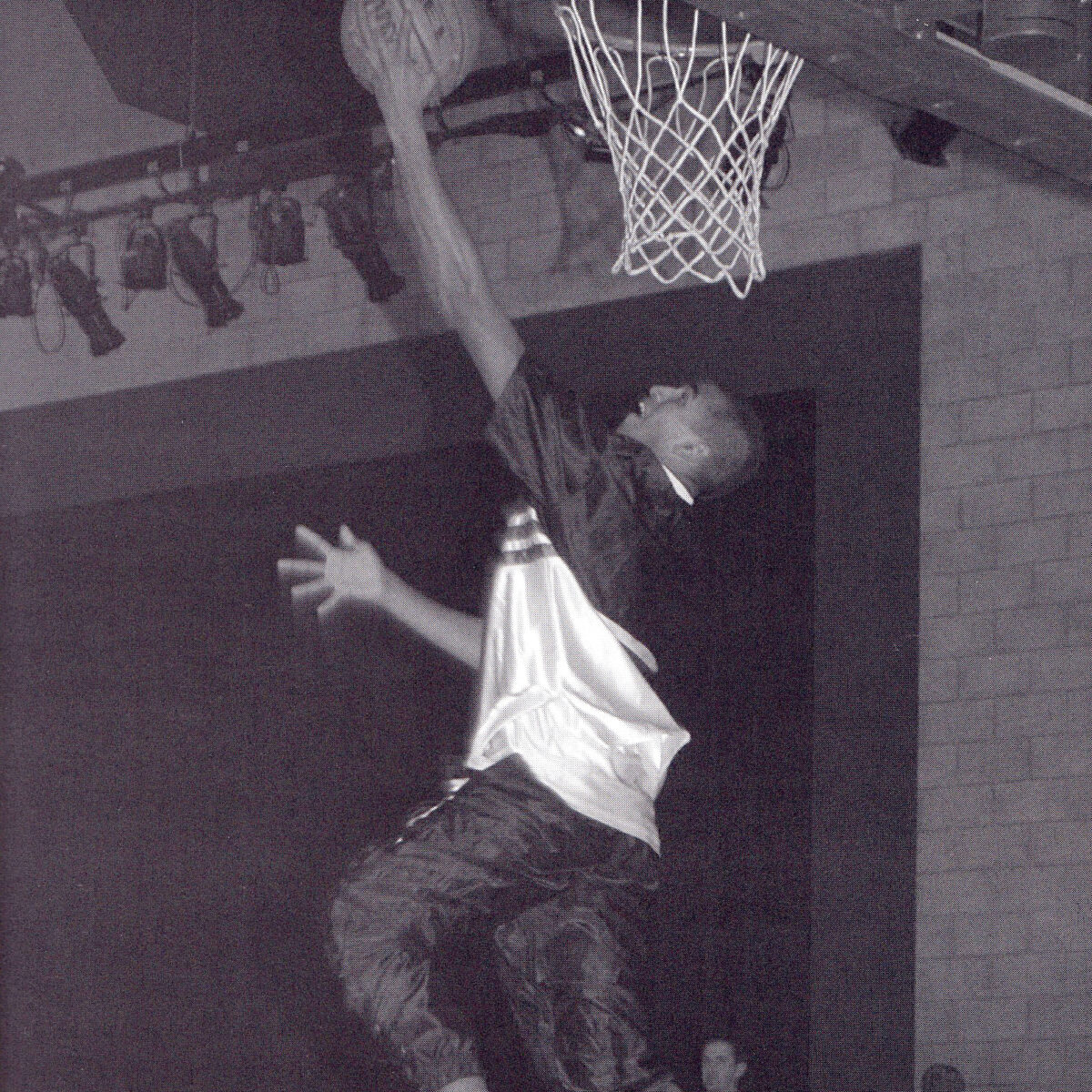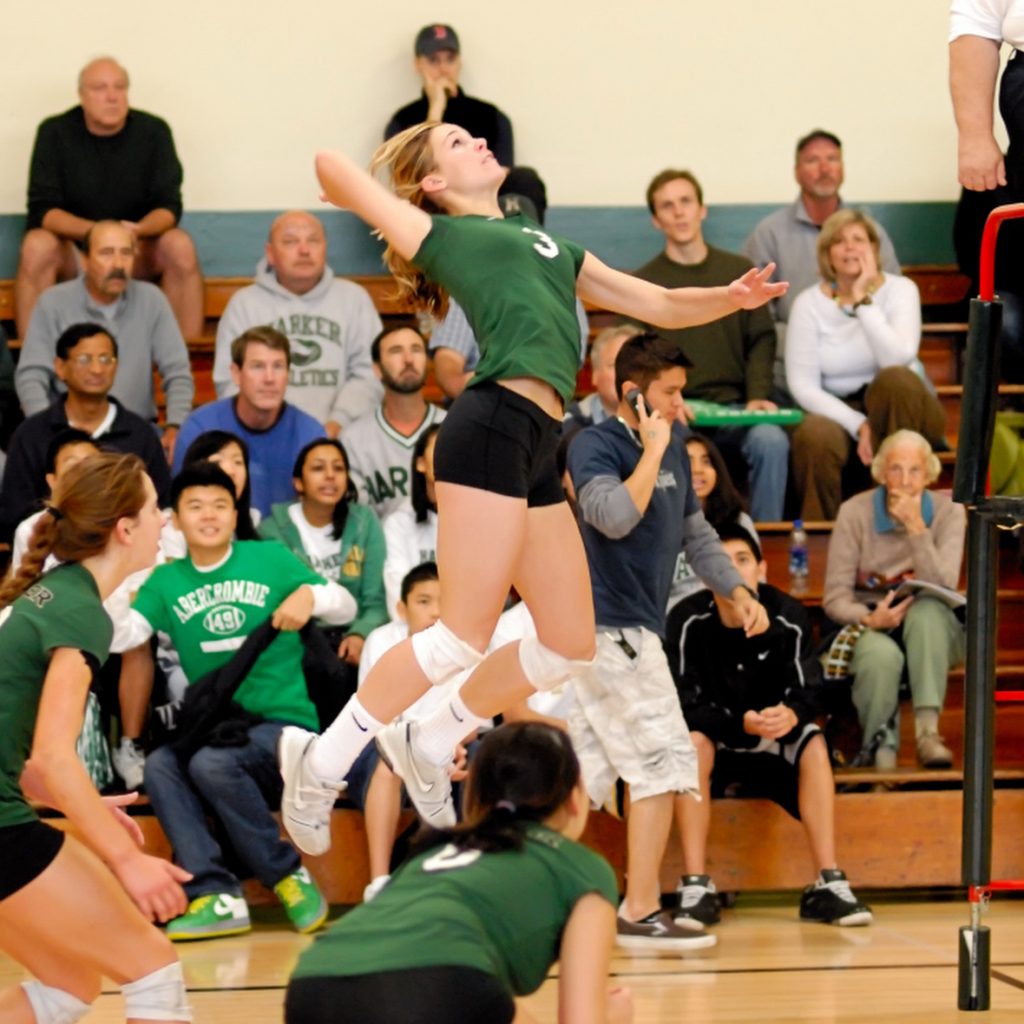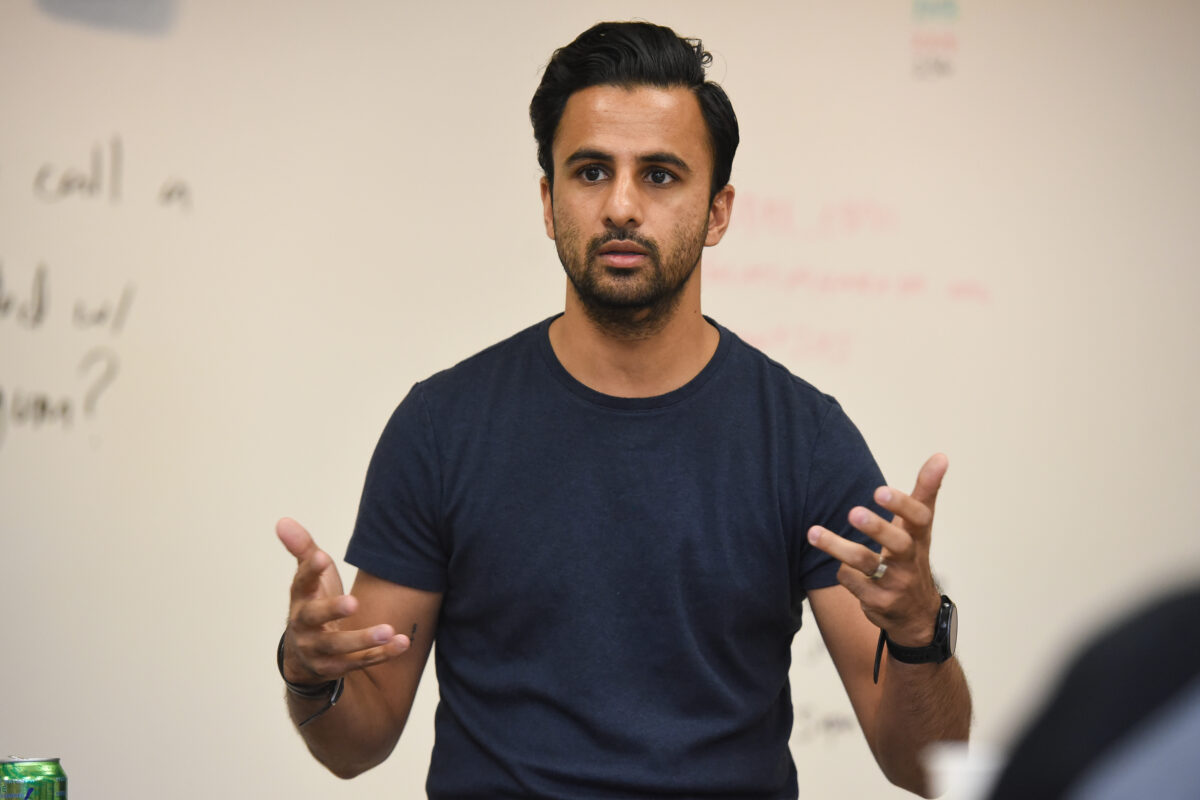Alumni
Alumna ’14 garners scholarship to build relationships with China
Mary Liu ’14, who currently works in the office of Congressman Ro Khanna, has been awarded a Schwarzman Scholarship.
Alumni athletes named to First Team, sink lots of goals and help teams to advance
Harker Alumni are tearing up the pitch and pool in college athletics!
In the News: October 2019
Newest inductees added to Harker’s Athletic Hall of Fame
Harker’s year-old Athletic Hall of Fame doubled in size tonight, when four new inductees were presented with their awards and formally entered as hall of famers.
Maverick McNealy ’13 inducted into Harker’s Athletic Hall of Fame
Maverick McNealy ’13 gave notice early on that he would be a force on the Harker golf team and his outstanding play and conversion to a pro put him front and center to be inducted into Harker’s Athletic Hall of Fame this Saturday before the Homecoming game.
Adhir Ravipati ’05 inducted into Harker’s Athletic Hall of Fame
Adhir Ravipati ’05 played four sports his senior year and was named Harker’s most valuable player in three of the sports and earned all-league placement in each, sealing his entry into Harker’s Athletic Hall of Fame.
Kristina (Bither) Gurney ’09 inducted into Harker’s Athletic Hall of Fame
Kristina (Bither) Gurney ’09, a Harker Lifer, was a force to be reckoned with on the court and on the pitch, and she will be inducted into Harker’s Athletic Hall of Fame this Saturday before the Homecoming game.
Alumnus Ethan Agarwal ’03 addresses CareerConnect group
In late September, CareerConnect held a lunch-and-learn session, featuring Harker alumnus Ethan Agarwal ’03, founder and CEO of Aaptiv, a provider of digital fitness content.

